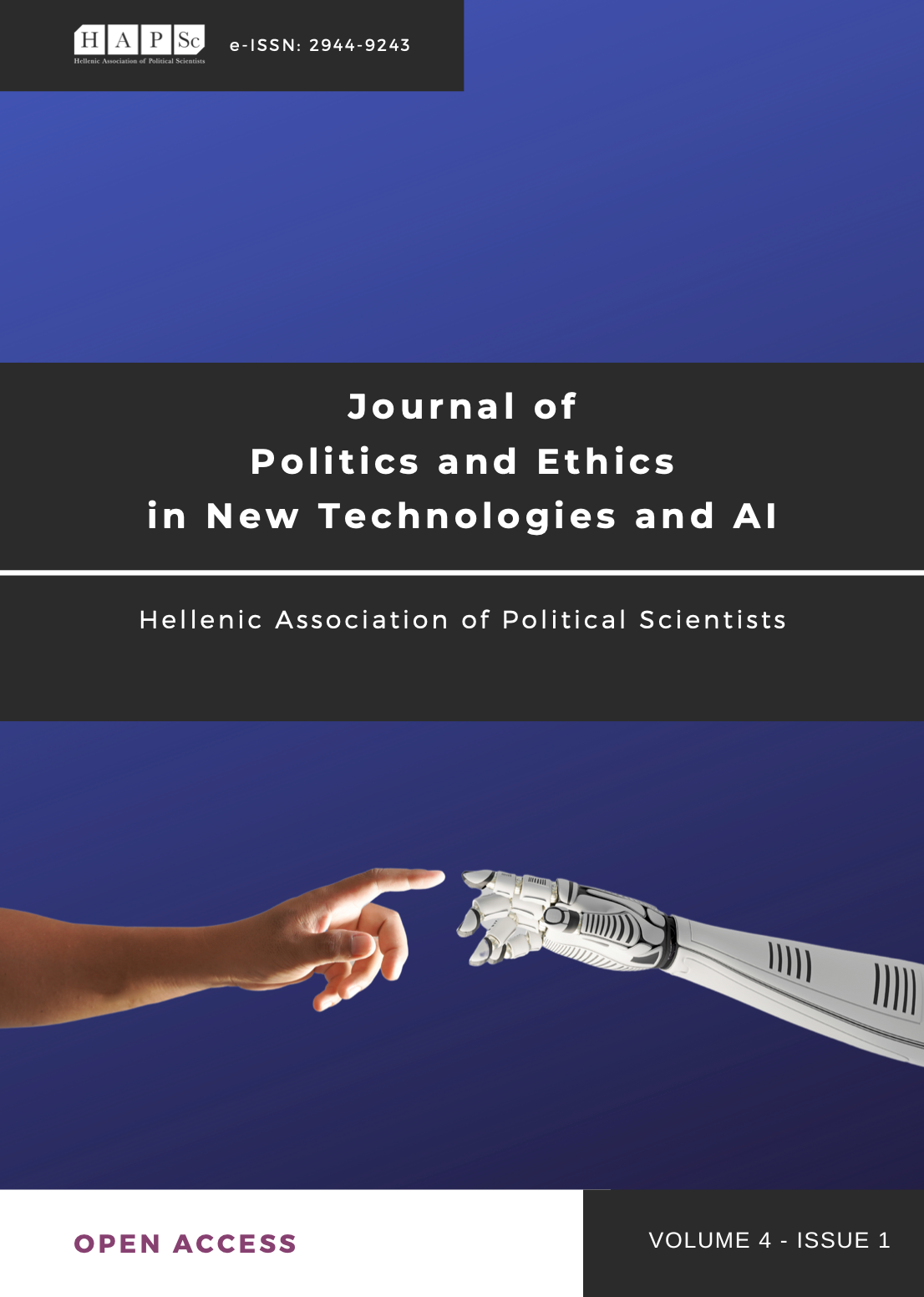AI Tools, NGOs, and Inequality: Bridging the Digital Divide in the Social Impact Sector

Abstract
Since its inception, Artificial Intelligence (AI) has been intricately tied to the shifts across sectors such as efficiency and innovation, to name a few. However, the lag in AI adoption by NGOs is occasionally attributable to factors such as how NGOs are resource-constrained, lack technical expertise, or are unable to find tools that fit their workflow. This digital lag contributes to and perpetuates inequalities within the NGO sector as well as between an NGO and the private sector. Based on desk research, this paper highlights current examples of AI adoption in NGOs, identifies significant barriers, explores the implication of these barriers on inequality, and proposes some recommendations for equitable adoption of AI. The analysis also points out that while AI tools address some AI-related bottlenecks, these divides endure due to disparities in funding, digital literacy, and infrastructure.
Article Details
- Section
- Commentaries

This work is licensed under a Creative Commons Attribution 4.0 International License.
Authors retain copyright and grant the journal right of first publication with the work simultaneously licensed under Creative Commons 4.0 (CC-BY 4.0) license, that allows others to share the work with an acknowledgement of the work's authorship and initial publication in this journal.





